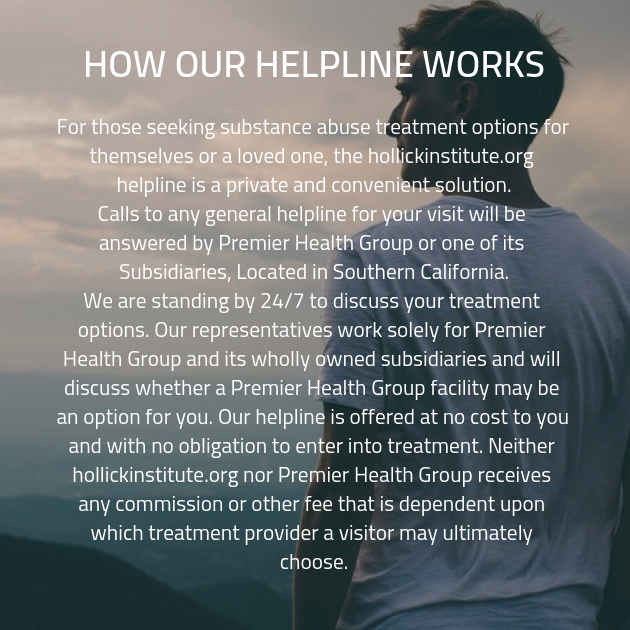Substance Abuse And Its Relation To Brain Function
Have you ever wondered what addictive substances do to your brain? If you have an addiction, your brain has been rewired to keep using regardless of the consequences you may experience. That’s why people with a substance abuse disorder continue to use even when bad things happen. It’s also why cravings continue after the body has been cleared of substances. It doesn’t mean you can’t recover from addiction; it means that recovery will be a long process. At the Hollick Institute drug rehab center in Jonesboro, Arkansas, they understand this, so they can provide you with the tools you need for recovery.
How The Brain’s Limbic System Functions In Addiction
The part of the brain that’s involved in addiction is the limbic system. The limbic system is the brain’s reward center. It produces feelings of bliss, comfort, pleasure, euphoria, and peace. Addictive substances activate the limbic system and make you feel good. After the effects of the drug wear off, you want to feel good again, so you take more drugs. Soon enough, taking drugs becomes a habit because you want to feel good all the time, and without the drugs, you no longer feel good. Feeding the habit then becomes more important than anything else.
The limbic system is stimulated naturally when you engage in activities that increase your odds of survival. Sleeping, eating, music, and spending time with loved ones all aid in survival, so to keep us repeating these survival-friendly activities, the brain rewards us with feelings of pleasure.
With addiction, your brain has been tricked into thinking that because drugs or alcohol produce pleasurable feelings, they must by definition increase your chances of survival. The result is that your brain will encourage you to ingest substances whenever possible. The problem is that because your brain has been hijacked, it is encouraging you to engage in an activity that will actually decrease your odds of survival instead of increasing them. When this happens, it’s time to seek help in a substance abuse treatment facility.
How Jonesboro Drug Rehab Centers Can Help To Reprogram Your Brain’s Natural Reward System
Once addiction has taken hold, treatment involves reprogramming the brain to function without substances. This is not accomplished overnight. The first step toward sobriety at an addiction recovery center is clearing the body of substances in a drug detox clinic. This can be uncomfortable at best and dangerous at worst. That’s why detox should always be carried out in a safe environment under 24/7 professional supervision.
The next phase of addiction recovery involves an assessment they will use to formulate a customized treatment plan designed just for you. Assessment involves screening for any coexisting mental health disorders. If a mental health disorder exists, it means you could benefit from dual diagnosis mental health treatment, allowing both conditions to be treated simultaneously during your time in a substance abuse treatment facility.
An addiction recovery program places a great deal of emphasis on intensive group therapy sessions conducted in a protected and stress-free setting. Clients in Jonesboro drug rehab facility work together toward the common goal of recovery by sharing personal experiences, especially those of trauma and abuse that frequently play a role in addiction.
Through this process, clients develop a strong sense of connection with each other. They learn that recovery is best accomplished in cooperation with others instead of in isolation. This sense of connection helps clients to feel supported in the recovery process and can generate the first feelings of pleasure that clients are able to experience in a drug free state.
Aftercare is a vital part of the program at a Jonesboro, Arkansas, substance abuse treatment center. When you leave an addiction recovery facility, you will have access to extended care that may involve participation in an outpatient program, counseling, group therapy, and other therapeutic interventions. Besides substance abuse rehab, activities that can assist the brain’s limbic system to regain normal functioning include regular exercise, meditation, acupuncture, listening to music, getting out in nature, yoga, and spending time with loved ones.
Entering an addiction treatment facility is a sensible first step in treating drug and alcohol abuse, but recovery takes time. Some clients continue to receive aftercare for months after completing a stay in a addiction treatment center. Participation in the Jonesboro recovering community is another way to help you push through early sobriety while your brain continues the process of restoring itself to sanity.



